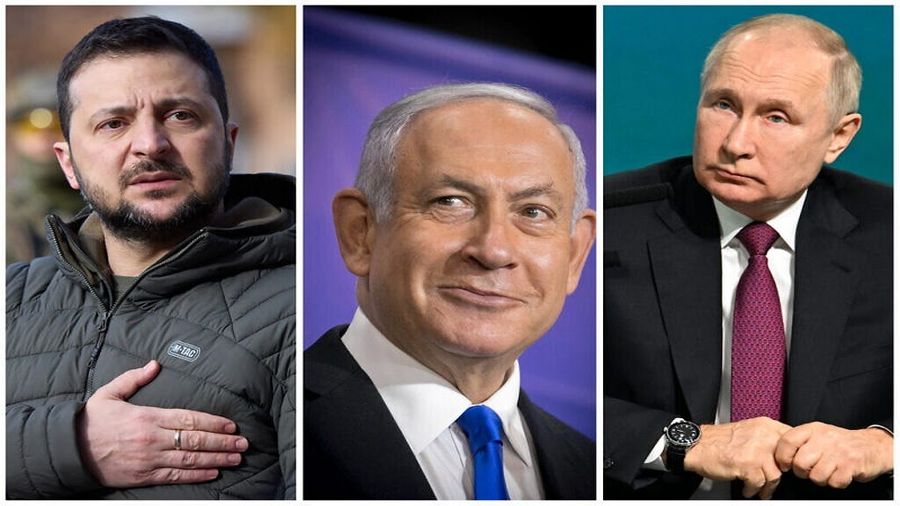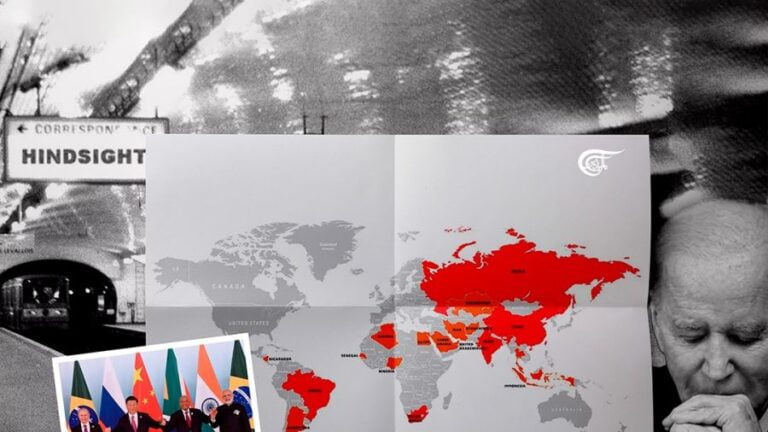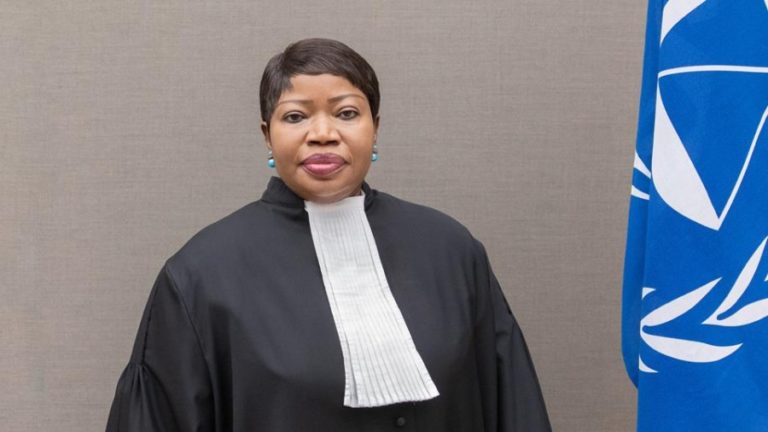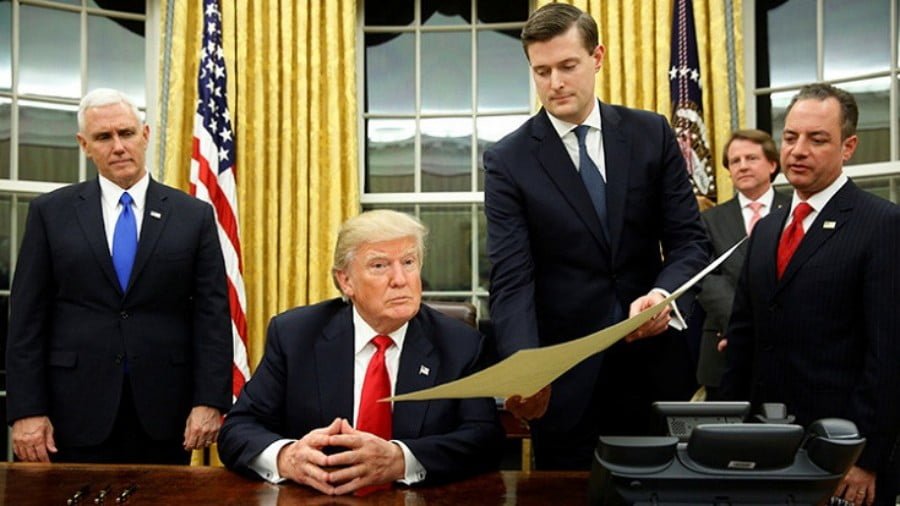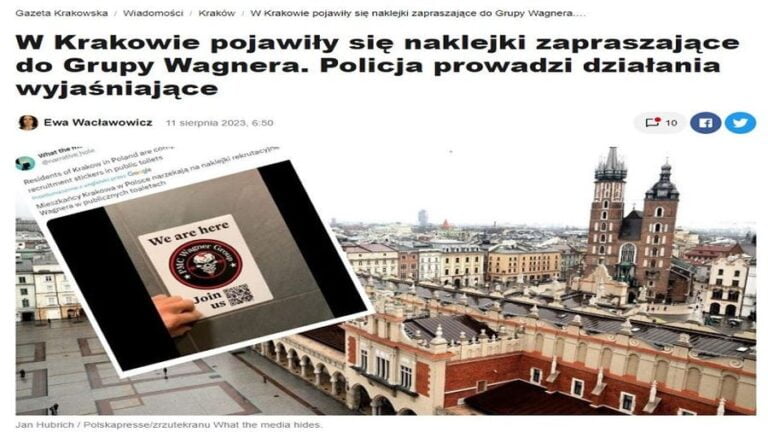Israel Is Retaining Close Ties with Russia Despite Ukrainian Pressure
This observation discredits the two most popular conspiracy theories swirling around the Alt-Media Community about Russian-Israeli relations.
Israeli-Ukrainian ties have recently become troubled as a result of Kiev’s latest pressure campaign aimed at guilting Tel Aviv into dispatching lethal equipment to it for use against Russia. The self-professed Jewish State denied a report earlier this month alleging that it planned to indirectly transfer Merkava tanks to that war-torn country. Israeli Prime Minister Netanyahu then explained shortly thereafter that his side fears that any weapons sent to Ukraine could end up in Iran’s hands.
According to him, Western anti-tank weapons are already on Israel’s borders, which the Kremlin then claimed was the result of criminal groups selling them on the black market. The Ukrainian Embassy in Israel condemned its hosts for not sending them lethal equipment and speculated that this is because it has a so-called “pro-Russian position.” That information provocation predictably resulted in the ambassador being summoned and reprimanded.
Israeli Foreign Minister Cohen defended his country’s position by insisting that it’s actually pro-Ukrainian as proven by Tel Aviv’s UNGA votes, military cooperation with Kiev, and dispatch of humanitarian aid. Be that as it may, Israel does indeed retain close ties with Russia despite Ukrainian pressure, which is all the more impressive since these relations are in spite of their differences over Kiev’s glorification of Holocaust collaborators.
President Putin sparked controversy in mid-June when he questioned how Ukraine’s Jewish leader could sing the praises of genocidal antisemites like Bandera, after which the Israeli Ambassador to Ukraine defended his host’s right to regard such figures as “heroes” even if he disagrees. That statement in turn prompted Russian Foreign Ministry spokeswoman Zakharova to slam him for that stance, which was responded to by her Israeli counterpart, who said nobody can lecture their country on the Holocaust.
This is understandably a sensitive issue, which further reinforces the strength of Russian-Israeli relations since Tel Aviv hasn’t exploited their differences over it as the pretext for dispatching lethal equipment to Kiev as revenge. This speaks to that self-professed Jewish State’s pragmatism. It not only doesn’t want to complicate relations with Russia in neighboring Syria, where they’ve had a deconfliction agreement since late 2015, but it also fears that Iran will one way or another obtain Israeli weapons from Ukraine.
President Putin, whose philo-Semitism has been on proud display since his first days in office as proven by this collection of quotes from the official Kremlin website that can be read here, appreciates Israel’s stance so much that he just greenlit his country’s opening of an embassy branch in Jerusalem. Their close ties, Israel’s pragmatism, and Russia’s latest decision all discredit the two most popular conspiracy theories swirling around the Alt-Media Community about Russian-Israeli relations.
A surprisingly large number of people have been brainwashed into believing that President Putin fiercely hates Israel with a passion and has thus secretly allied with Iran in order to liberate Palestine, which is how they explain its decisive anti-terrorist intervention in Syria from late 2015 till the present. Likewise, they’re also convinced that Israel is striving to carve out a proxy state from Ukraine and southern Russia that they call “Khazaria”, which supposedly makes Israel and Russia existential enemies.
There’s absolutely no truth to either of these seemingly complementary conspiracy theories, yet they continue to live on in the minds of many for reasons that only their adherents can explain if questioned. Nevertheless, any objective observer should now know beyond any doubt that Russian-Israeli relations are actually quite strong despite the immense pressure upon them from Ukraine, which has failed to divide these two and exploit their differences over its glorification of Holocaust collaborators.

